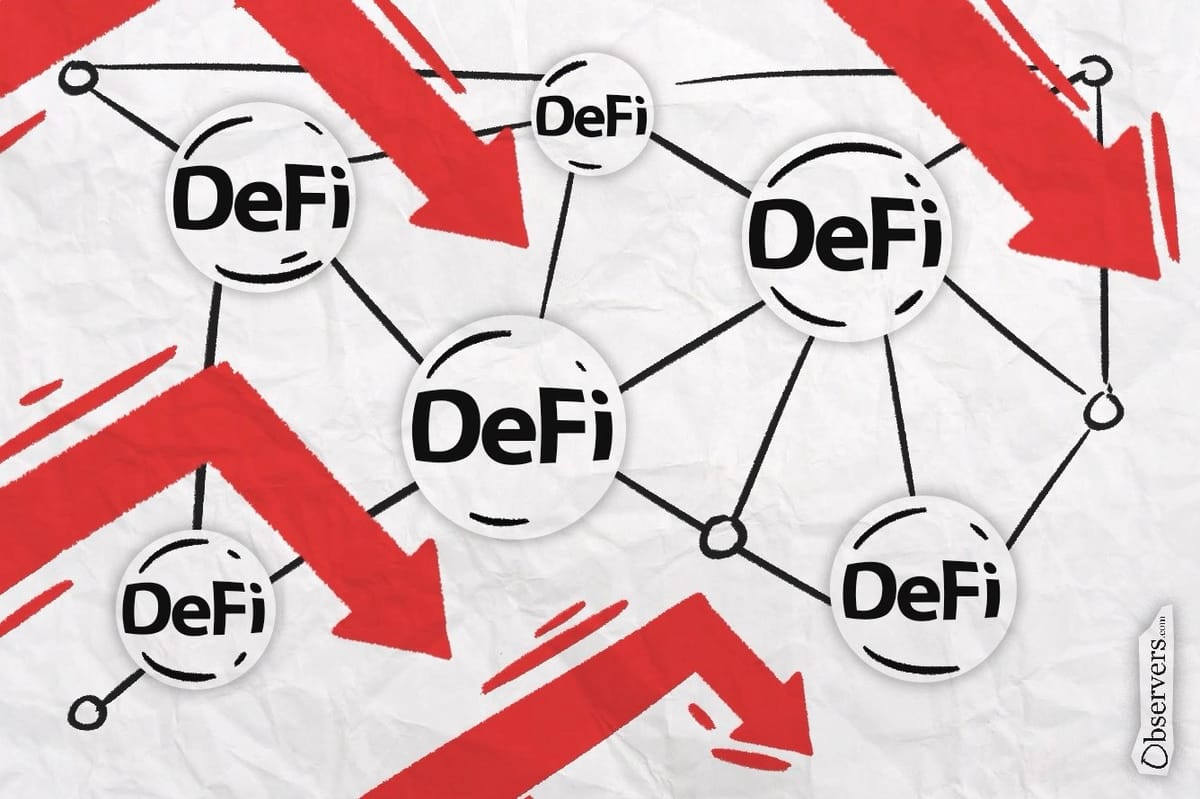
In the wake of the recent market downturn, Decentralized Finance (DeFi) markets have demonstrated considerable resilience. Despite significant liquidations across all major platforms, these protocols successfully processed transactions without incurring bad debts for their users.
During the recent market crash, on-chain liquidations in DeFi protocols exceeded $400 million. Aave v3, a popular decentralized lending protocol, accounted for more than half of these liquidations, with $253.4 million worth of positions liquidated in one day—59% of Aave v3’s total liquidations.
Despite the surge in liquidations, Stani Kulechov, the founder of Aave, announced that the platform generated $6 million in liquidation fees and remained robust under market stress, maintaining $21 billion in value across 14 active markets on various Layer 1s and Layer 2s. Other prominent DeFi protocols such as Compound, Spark from MakerDao, and Morpho Blue also withstood the crash without suffering bad debts for their token holders.
The performance of decentralized stablecoins was equally robust, with only two out of the top 20 stablecoins by market capitalization losing their peg for more than an hour before quickly recovering. For instance, Blast’s USDB, a stablecoin backed by Maker’s DAI, dropped to $0.95 but regained its $1.00 peg within two hours. Ondo’s US Dollar Yield Token, USDY, decreased by 4.7% but recovered to its target price just over an hour later.
The Ethena platform’s USDe stablecoins also showed notable stability, handling almost $100 million in redemptions while the peg varied by only approximately 30 basis points.
Regarding Liquid Staking Tokens (LSTs), there were no significant instances of de-pegging during the market crash. Tokens such as weETH, ezETH, and stETH experienced only minimal deviations from their Ethereum benchmarks: weETH by 1%, ezETH by 0.6%, stETH by 0.4% from ETH.
Amid market turbulence, the total value locked (TVL) in DeFi plummeted to $79 billion. During this market cycle, DeFi’s TVL briefly surpassed $100 billion before beginning a downward trend. It is still significantly below the previous cycle’s peak of $175 billion.
The resilience of DeFi has become particularly noteworthy against the backdrop of broader downturns in U.S. and global equity markets. Several major centralized trading platforms, including Citi, Fidelity, E-Trade, Vanguard, TD Ameritrade, and Charles Schwab, encountered outages that prevented users from executing trades.
Real #DeFi never goes down. Even in a world market panic 😱 crash 💥. #PulseChain is real DeFi and designed to be censorship resistant, and apparently also worldwide market panic crash resistant. https://t.co/BHymggZRf5
— Krypto-Hex (@KryptoHex) August 5, 2024
This stark contrast underscores the potential advantages of decentralized finance, positioning it as a likely future standard for global financial systems.

